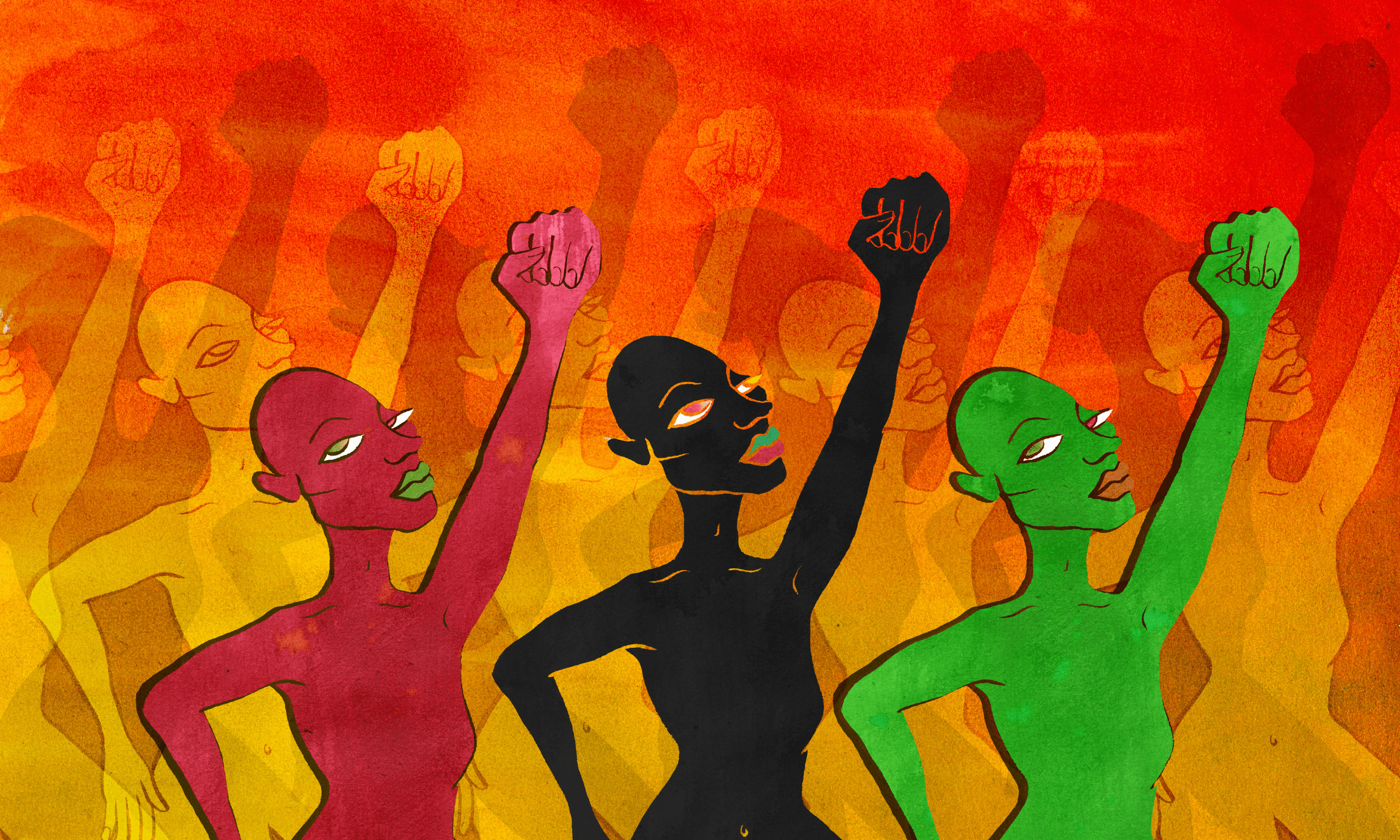
Being exposed to identity politics a few years ago, I felt I could draw connections between personal experiences and systematic dynamics of power within society with more clarity. I felt it provided tools to help carve out freedom from all the containments that society had imposed upon me and many others. Providing a network of support and solidarity, these movements have the potential to make people feel safe, to feel strong, and to resist. However, without appreciating the nuances of lived experiences and the particularities that theories cannot capture, we risk these containments being reproduced.
Society is ordered by institutions that are posited as neutral or necessary. These institutions, however, do not exist in vacuums and have deeply embedded conceptions about how people are and should be. Such normative conceptions sustain relations of power and the prevailing status quo. The neutral character posed by these structures, therefore, is not only false but dangerous.
Specific definitions of categories of people are used and perpetuated by such institutions. The constitution of these categories – supported by a body of knowledge claiming to reveal objective truths – ultimately serves as a basis for power relations to be maintained. By defining what it means to be black, to be a woman, to be ‘the other’, the powerful preserve a traditional image of themselves requiring the oppression of the former in order to protect the advantageous constructed identity of the latter.
Identity politics can provide us with a mechanism by which the reductive and oppressive nature of these constructed categories can be exposed. Power relations deeply ingrained within institutions that reaffirm these categories can then be highlighted and challenged.
This can have a truly transformative impact on society and hegemonic trends. However, complications do arise.
If the internal heterogeneity of experiences within these groups is not appreciated, there is the risk of power relations being reproduced. Using these categories as a way of forming powerful solidarity movements aiming to dismantle systematically oppressive structures is effective. But alongside that, there is also a crucial need to question the reductive and homogeneous essence of the categories imposed upon us.
By accepting and respecting the heterogeneity of experiences within the groups, I certainly do not mean tolerating ‘differences in opinion’ that are themselves based on reaffirming existing power relations, such as racist or trans exclusionary feminism. What I mean is that, while understanding our oppression is similar to an extent because it is based on generalisations imposed upon us all, we cannot universalise our experiences or claim to understand the entirety of others’ in the same groups. Our movements do not need to produce and embrace essentialist categories in opposition to the ones imposed upon us. That seems to undermine the intersectional approach on which our activism ought to be based.
In practice, this means that our theories and beliefs within these groups will undoubtedly not capture the particularities of experiences of everyone within these movements. Accepting that activism is a dynamic process of constantly deconstructing and critiquing power relations externally and internally is crucial, for the integrity of our causes.
This does not weaken our movements. On the contrary, it makes them stronger and more honest.
Ultimately what is proposed is not a kind of discouraging realisation that we are all part of a structure which we can never escape, and so we should not do anything about the terrible things that happen around us because we risk reproducing internalised relations of power. Nor do I mean paying only lip service to the idea of intersectionality, constantly vocalising our privilege or guilt. What I mean is self-awareness of how the ideas that we work with could always be better. At the core of this honest and personal self-reflection ought to be respect for the complexity of experiences within our liberation groups.







